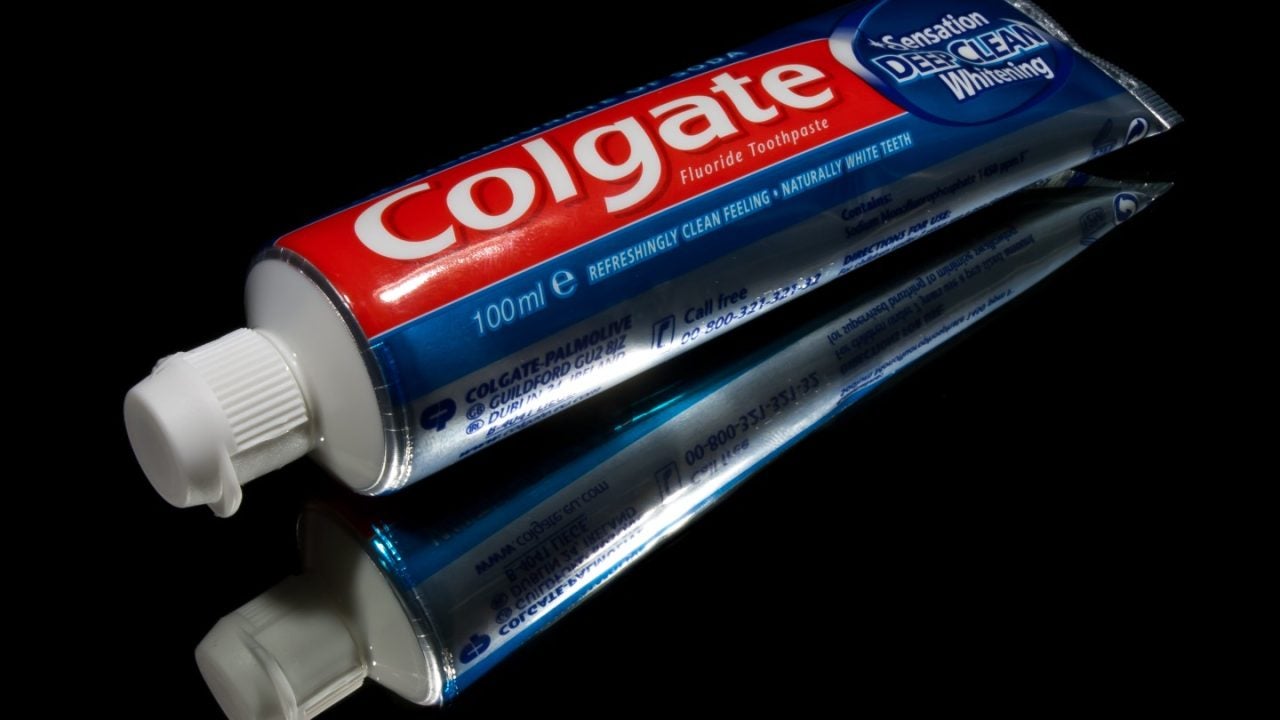
US-based oral and personal care company Colgate-Palmolive™ is reportedly considering introducing a “modified and cheaper” substitute for its recyclable toothpaste tube.
This was confirmed by the company’s chief sustainability officer Ann Tracy during an interview with Reuters.
Tracy said that the company is working to introduce a replacement tube later this year, which will use less plastic and is more convenient to ship.
According to Reuters’ report, the company will use around 16% less plastic for the “cheaper version” of the toothpaste tube. It will also be 16% lighter than the previous recyclable toothpaste tube.
The company has already tested the new tube and has concluded that the new revamped version will be easier to handle, in terms of dispensing the product while offering a premium “feel in [the] hands”.
During another panel discussion at the Reuters Responsible Business USA conference, Tracy told the news agency that the company has been carrying out various studies to understand consumer behaviour and to see if these consumers are ready to pay extra for “green” products.
Tracy added: “You have to look at our products. Maybe they will for a car, but for a tube of toothpaste maybe they won’t.”
The report also claimed that Colgate-Palmolive has been working on transforming around nine billion toothpaste tubes that are sold every year, to a more commonly recyclable plastic to further minimise waste.
However, the report also said that the production of such tubes is more expensive.
Tracy said: “We are at this chicken-and-egg place where the material recycling facilities are concerned they will have contamination because not all the tubes are converted yet.
“So, our goal is to help share the technology to help it get there as quickly as possible.”


